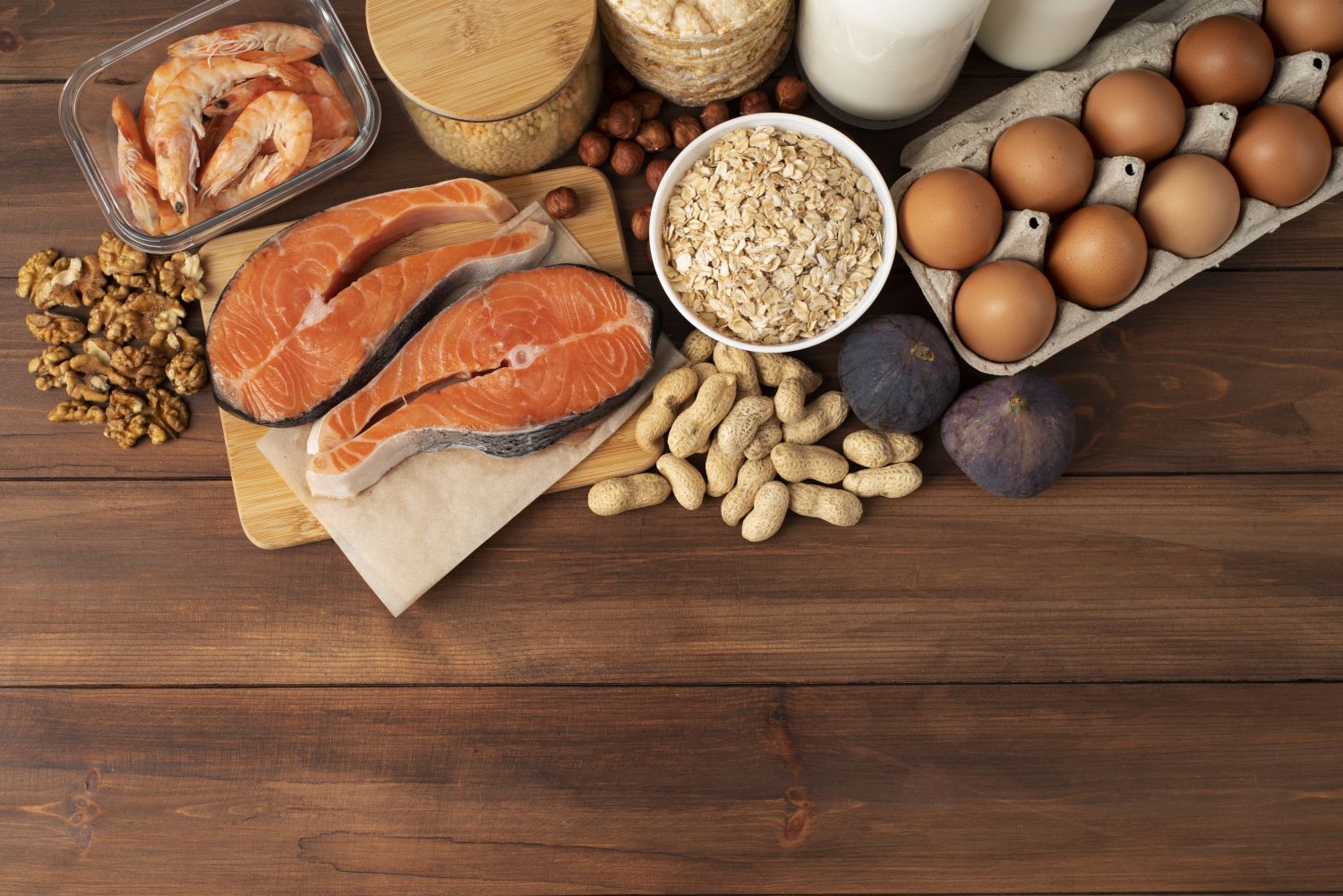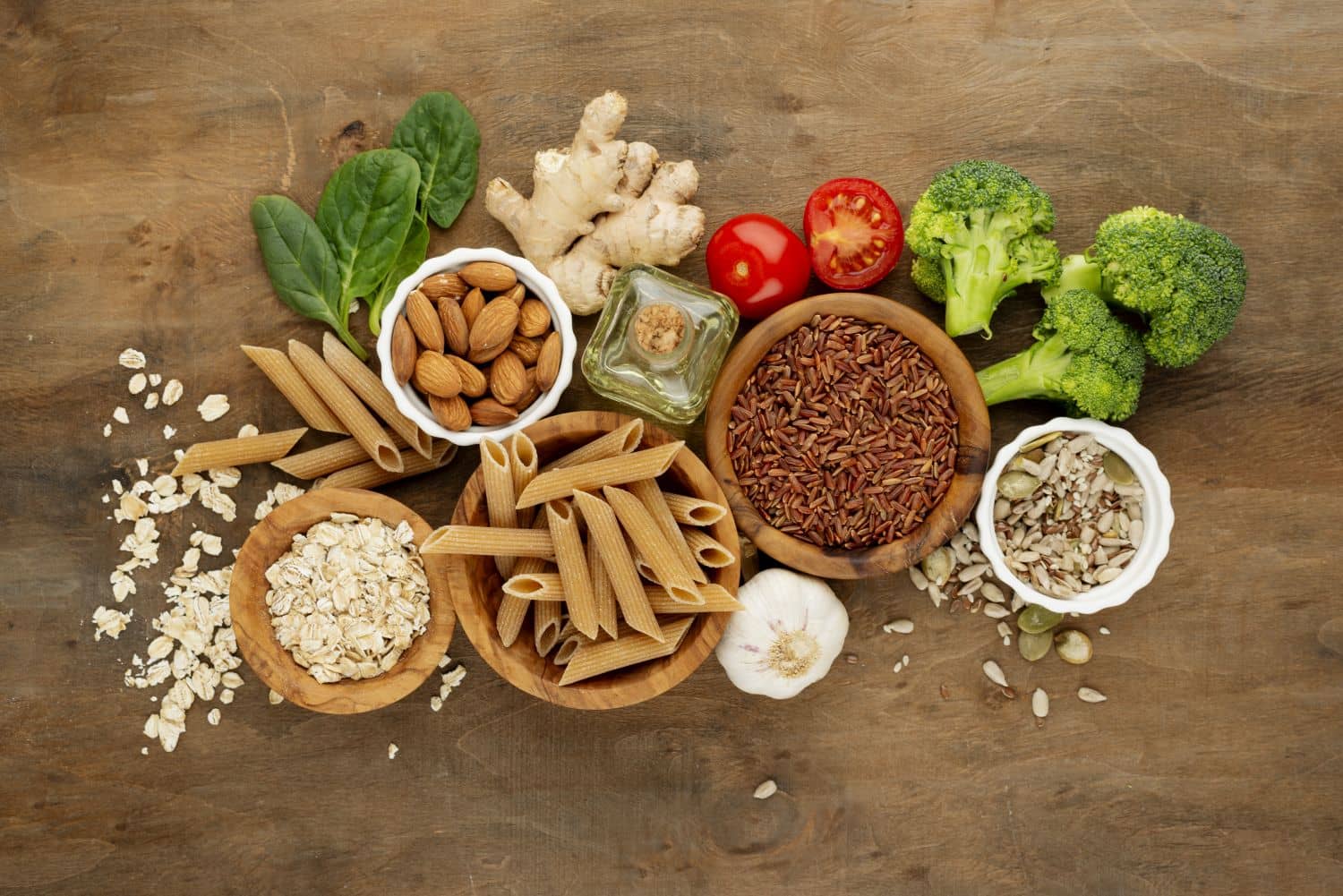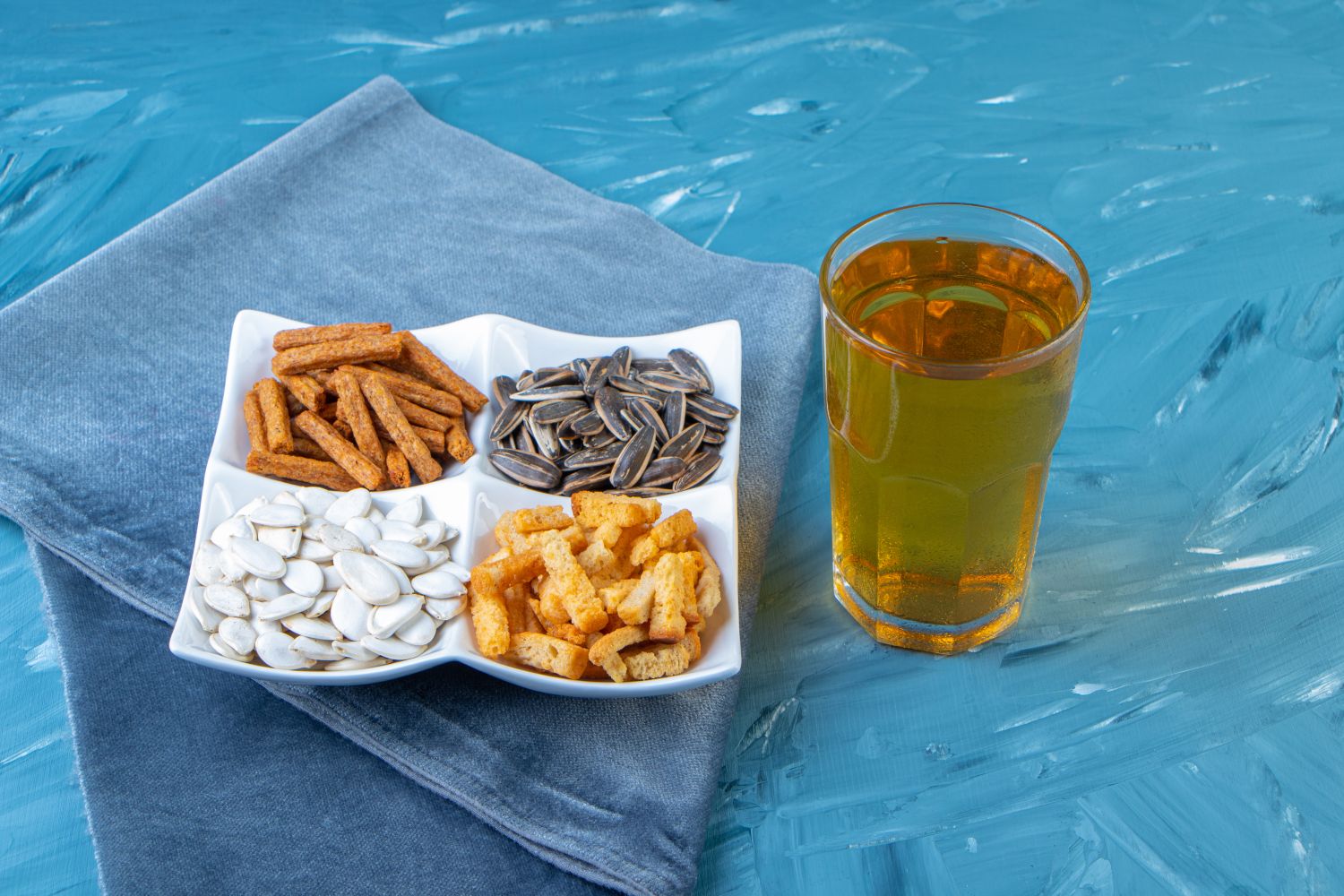Address
4641 N State Rd 7 Unit 15B, Coconut Creek, FL 33073
Work Hours
Monday to Friday: 9AM - 6PM
Weekend: 10AM - 6PM

Attention-Deficit/Hyperactivity Disorder (ADHD) affects millions of children worldwide. It’s characterized by hyperactivity, impulsivity, and difficulty focusing, which can impact academic performance, social relationships, and overall well-being. While medications and behavioral therapies are common treatments, one often overlooked aspect of managing ADHD symptoms is diet. For children with ADHD, maintaining a well-balanced, nutrient-rich diet can make a significant difference in behavior and focus.
Let’s look at how a healthy diet can influence ADHD symptoms in children, the best foods to include in their meals, and the foods that should be avoided. Understanding these dietary choices can give parents practical tools to help their children thrive.

The foods we eat impact our physical and mental health, especially when it comes to growing children. For kids with ADHD, nutrition is even more critical. A proper diet provides the brain with the nutrients it needs to function optimally, while an unhealthy diet can exacerbate ADHD symptoms, making it harder for kids to concentrate and regulate their emotions.
Several studies suggest that certain foods can either improve or worsen ADHD symptoms. The brain relies on a steady supply of nutrients, such as proteins, fats, vitamins, and minerals, to maintain normal cognitive functions. When a child with ADHD lacks the right nutrients or consumes too much sugar and processed food, it can lead to mood swings, hyperactivity, and reduced attention span.
However, it’s important to note that diet alone cannot cure ADHD. It is just one piece of a larger puzzle that includes other treatments, such as medication and behavioral therapy. Still, a healthy diet can help reduce some of the challenges these kids face, improving their ability to manage symptoms day-to-day.
Incorporating the right nutrients into your child’s diet can play a key role in supporting brain function, enhancing focus, and stabilizing energy levels. Here are some foods that can benefit kids with ADHD:

Protein is a fundamental building block of brain health. It helps produce neurotransmitters, the chemicals that carry signals in the brain. For children with ADHD, eating protein-rich foods can help reduce hyperactivity and improve concentration.
Good sources of protein include:
How it helps: Protein stabilizes blood sugar levels, leading to fewer mood swings and more consistent energy throughout the day. Additionally, protein intake at breakfast can improve alertness and attention during school hours.

Omega-3 fatty acids, commonly found in fish oil, play a critical role in brain development and function. Studies suggest that children with ADHD may have lower levels of omega-3s, and supplementing their diet with these essential fats can reduce symptoms such as hyperactivity, impulsivity, and inattentiveness.
Best sources of omega-3s include:
How it helps: Omega-3s improve communication between brain cells, helping kids with ADHD focus better and remain calmer throughout the day.

Unlike simple carbs that cause quick spikes and crashes in blood sugar, complex carbohydrates release energy more slowly, providing a steady supply of glucose to the brain. These slow-digesting carbs can help maintain a child’s energy levels and improve focus.
Healthy complex carbs include:
How it helps: By avoiding sugar crashes, complex carbs help kids with ADHD avoid irritability and tiredness, keeping their energy balanced and their moods more stable.
These minerals are essential for proper brain function and neurotransmitter production. Zinc and magnesium, in particular, are linked to improved attention and memory in children with ADHD. Studies show that kids with ADHD often have lower levels of these minerals, making it important to incorporate them into their diets.
Good sources of these minerals include:
How it helps: Adequate levels of these minerals can support better cognitive function, helping kids with ADHD improve their concentration and memory.
Just as there are foods that benefit children with ADHD, there are also foods that can worsen their symptoms. It’s important to minimize or eliminate these foods to avoid aggravating hyperactivity, impulsivity, and inattentiveness.

Sugar is notorious for causing energy spikes followed by crashes, which can lead to irritability, mood swings, and difficulty focusing, especially in kids with ADHD. Many sugary foods also lack essential nutrients and provide empty calories.
Examples to avoid:
Why it’s harmful: When kids with ADHD consume sugary foods, they may become hyperactive or experience energy crashes that worsen attention and mood regulation.
Many processed foods contain artificial colorings, preservatives, and flavorings that have been linked to increased hyperactivity in children with ADHD. Some studies suggest that eliminating artificial food additives from a child’s diet can significantly improve behavior.
Examples of harmful additives:
Why it’s harmful: These chemicals can interfere with normal brain function and exacerbate symptoms of hyperactivity and impulsiveness.
While caffeine is sometimes used to treat ADHD in low doses, it can have the opposite effect on children, leading to increased hyperactivity and difficulty sleeping.
Sources of caffeine include:
Why it’s harmful: Excessive caffeine intake can overstimulate a child’s nervous system, making them more jittery and restless, which can worsen ADHD symptoms.
Highly processed foods are often high in unhealthy fats, sodium, and preservatives, and they lack essential nutrients. These foods can cause inflammation in the brain, which may worsen ADHD symptoms.
Examples to avoid:
Why it’s harmful: Processed foods can lead to mood swings, irritability, and reduced concentration in kids with ADHD due to their lack of nutrients and high levels of unhealthy fats and sugars.
While diet alone won’t cure ADHD, it can play a crucial role in managing symptoms. By incorporating more protein, omega-3 fatty acids, complex carbs, and essential minerals into your child’s meals, and avoiding sugar, artificial additives, and processed foods, you can help them maintain better focus and energy throughout the day. Every child with ADHD is different, so it’s essential to observe how specific foods affect their behavior and make adjustments as necessary.
Supporting your child’s ADHD through diet, alongside other treatment methods, can help them thrive both academically and socially, improving their overall quality of life.